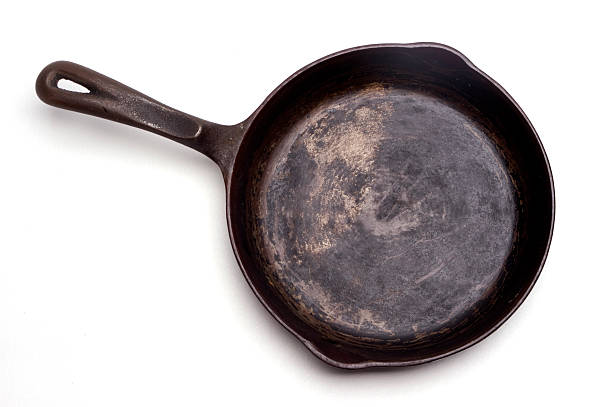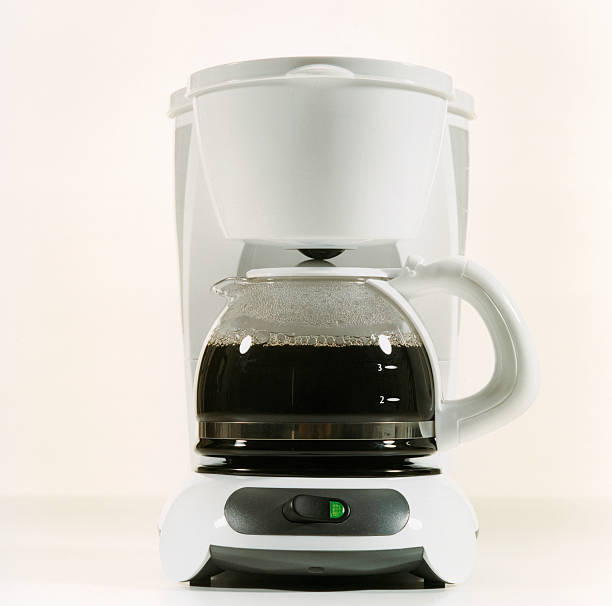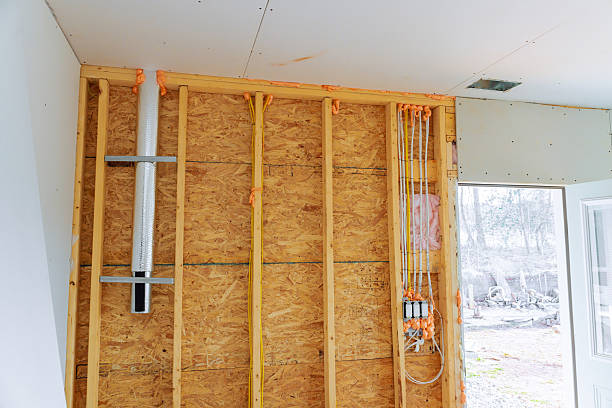Setting up a home workshop requires careful selection of tools and equipment that balance functionality, space constraints, and budget. Whether you're a hobbyist, DIY enthusiast, or aspiring craftsman, the right shop equipment can transform your workspace into an efficient and enjoyable environment for projects. The key lies in prioritizing versatility, quality, and safety while avoiding unnecessary purchases that clutter limited space.
Begin by assessing your primary projects and the essential tools needed to accomplish them. A basic workshop should include a sturdy workbench as its foundation, providing a stable surface for various tasks. For woodworking, a table saw serves as the cornerstone for accurate cuts, while a quality drill press handles precise boring operations. Metalworkers might prioritize a welder and angle grinder, and automotive enthusiasts require jack stands and specialized wrenches. Consider multi-functional equipment like combination disc-belt sanders or drill press lathe combos that maximize capability in compact footprints. Portable power tools often prove more practical for home shops than bulky stationary machines, offering flexibility when space is limited. Storage solutions dramatically impact workshop efficiency. Wall-mounted pegboards keep frequently used hand tools visible and accessible, while rolling tool chests allow easy reorganization as projects change. Vertical storage for lumber and metal stock clears floor space, and labeled bins for hardware maintain order. Invest in quality tool storage that protects your investment from dust and humidity, particularly in garages or basements where environmental control is limited. Safety equipment should never be an afterthought. A high-quality respirator protects against harmful dust and fumes, while hearing protection preserves long-term auditory health. Proper lighting reduces eye strain and accident risks, with task lighting at workstations and overhead LED panels eliminating shadows. Fire extinguishers rated for electrical and chemical fires should be mounted in accessible locations, and first aid kits need regular restocking. As skills advance, consider upgrading to professional-grade equipment that offers precision and durability. A cabinet saw with a riving knife provides safer rip cuts than contractor models, while a full-size bandsaw handles resawing tasks impossible on bench-top versions. Digital measuring tools and laser guides enhance accuracy for fine woodworking, and dust collection systems maintain air quality while keeping workspaces clean. The most effective home shops evolve with their owner's skills and interests. Start with versatile basics, then add specialized equipment as projects demand. Quality tools purchased over time create a workshop that grows with your capabilities, ultimately saving money compared to replacing inadequate equipment. By focusing on foundational pieces, smart storage, and uncompromising safety, you'll build a home workshop that inspires creativity while standing up to years of demanding projects. The right tools don't just make work easier—they make it more enjoyable, turning your shop into a sanctuary of productivity and craftsmanship.



